How does the local fishing industry operate in Valparaíso?
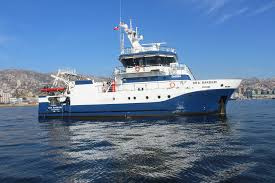
How does the local fishing industry operate in Valparaíso?
How does the local fishing industry operate in Valparaíso? Valparaíso, with its strategic coastal location, has a vibrant fishing industry that plays a crucial role in the local economy and community.
This industry is not only essential for food production but also supports livelihoods and cultural traditions. Here’s an overview of how the fishing industry operates in Valparaíso.
Types of Fishing
The fishing industry in Valparaíso encompasses various types of fishing, including commercial, artisanal, and recreational fishing.
Commercial fishing primarily targets species like anchovies, sardines, and hake, while artisanal fishing focuses on sustainable practices, catching seafood for local markets.
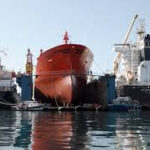
Artisanal Fishing
Artisanal fishing is a significant component of Valparaíso’s fishing industry.
Local fishermen often use small boats and traditional methods, emphasizing sustainability and preserving marine ecosystems while supporting community livelihoods.
Fish Markets
Valparaíso is home to bustling fish markets, such as the Mercado Cardonal.
These markets serve as vital hubs for local fishermen to sell their catches directly to consumers, ensuring fresh seafood reaches the market quickly.
Sustainability Practices
The fishing industry in Valparaíso increasingly adopts sustainable practices to protect marine resources.
Many local fishermen participate in initiatives to avoid overfishing and preserve fish populations for future generations, promoting ecological balance.
Government Regulations
Local and national regulations govern fishing activities to ensure sustainability and protect marine biodiversity.
Licensing, catch quotas, and protected areas are enforced to manage fishing practices and maintain healthy ecosystems.
Community Involvement
The fishing industry is deeply intertwined with the local community.
Fishermen often form cooperatives, allowing them to share resources, access better markets, and advocate for their rights and interests in local governance.
Economic Impact
The fishing industry significantly contributes to Valparaíso’s economy by providing jobs and supporting related sectors, such as processing and distribution.
Fresh seafood is a vital part of the local cuisine, enhancing the city’s culinary scene and attracting tourism.
Fishing Culture
The fishing culture in Valparaíso is rich, with traditions and customs passed down through generations.
Festivals celebrating the sea, traditional fishing methods, and seafood dishes are integral to the community’s identity and heritage.
Challenges Faced
The fishing industry faces challenges, including overfishing, climate change, and pollution.
These issues threaten fish populations and the livelihoods of local fishermen, prompting calls for more sustainable practices and conservation efforts.
Future Prospects
Looking ahead, the fishing industry in Valparaíso aims to balance economic needs with environmental sustainability.
Efforts to promote responsible fishing practices, community engagement, and education about marine conservation are vital for the industry’s future.
In summary, the local fishing industry in Valparaíso operates through a blend of artisanal and commercial practices, deeply rooted in community traditions.
With a focus on sustainability, local markets, and economic contributions, the industry plays a significant role in the city’s culture and economy.
As challenges arise, the commitment to responsible fishing practices will be crucial for preserving this essential industry for generations to come.
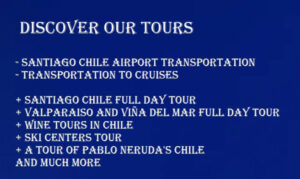

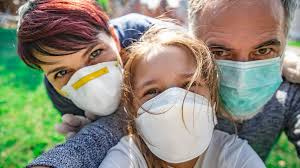
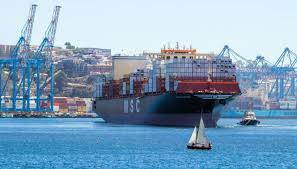
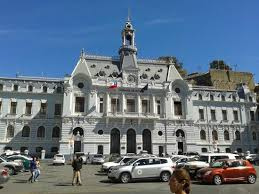
Leave a Reply